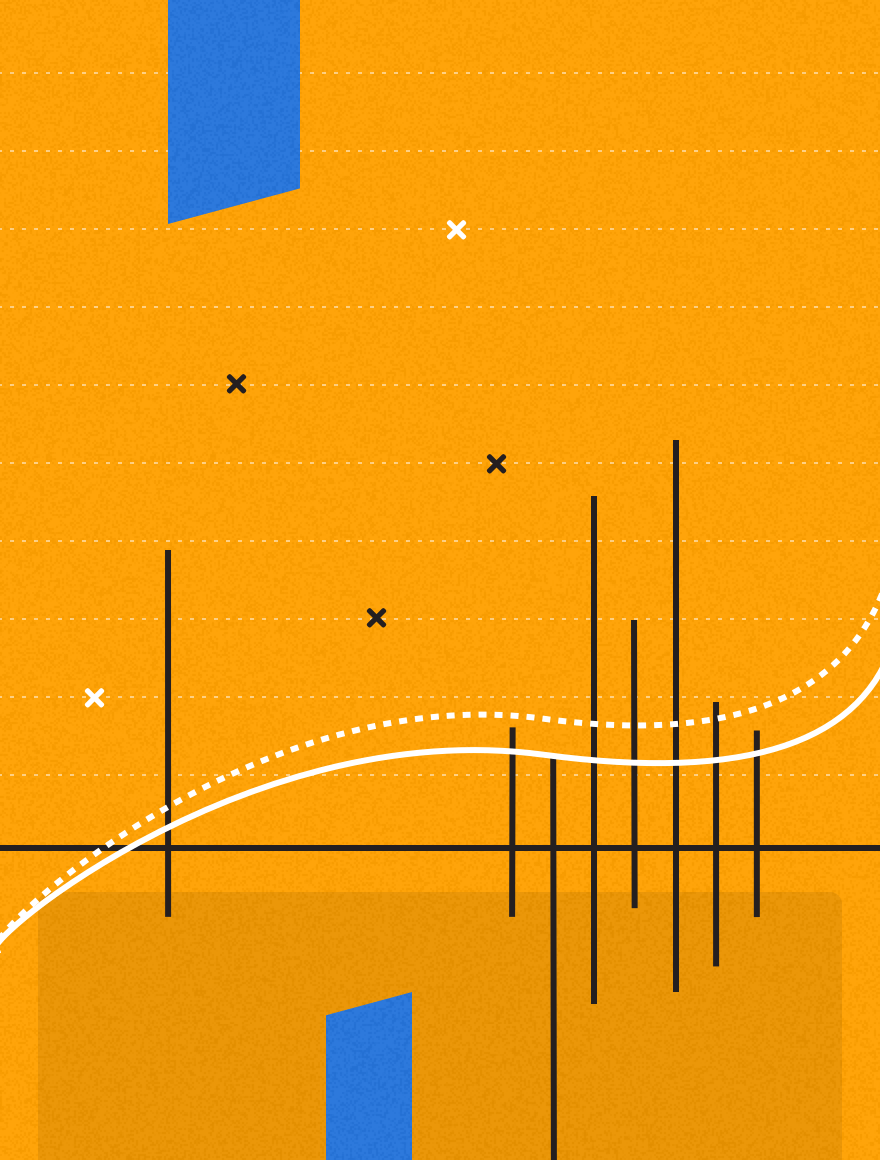Earlier today I read a blog post from the ever-thought-provoking Dan Waldschmidt. If you care about your sales team, or maybe if you’re planning a sales training initiative for 2011, you should first read the entire post, but it begins like this …
Sales training is broken.
It’s dead. Washed-up.
And we might be all the better if we helped give it a final push into the coffin.
As regular readers of this blog will know, I care deeply about this topic, and perhaps unsurprisingly I commented on the blog post. My comment is rather long and perhaps at times a little passionate, but it’s an important topic and, as ever, I tend to speak my mind. I thought I’d share it here.
* * * * *
My Response to “The Bullocks Behind Sales Training’ by Dan Waldschmidt
Dan, your premise is entirely true. You forgot to mention that companies spend $10Bn each year on sales training, and most of that investment is wasted. Now, it might seem strange that I’m agreeing with you given that I’m CEO of The TAS Group. But when I got into this business just a few years ago I was appalled by the level of negative ROI. Industry reports would suggest that after just 30 days sales training results in only 13% retention of what was taught. Yep, that’s 87c in every dollar wasted.
We are now achieving 93% retention after 12 months.
I got into this business to fix the fundamental problem of negative ROI; to fundamentally change the approach and to deliver long-term customer value. We thought a lot about why it was so broken, why the latest 7-step methodology, color-coded sheet, or sales-tips library, was no longer lasting than the Heimlich maneouvre, and a lot less effective.
We looked at why sales people – in contrast to their peers in other professions – did not apply consistent proven best practice. I’m an engineer, and I know that there are engineering principles that always need to be applied – otherwise the bridge will fall or the software application won’t work. When I practiced as an engineer (a long-time ago) I used the engineering methodology because I could see how it helped me and it was not difficult to use. That reward/effort equation is not solved by the traditional sales training approach.
The problem with traditional sales training is two-fold. It is as you say about a mindset change. To extend my engineering analogy – I should care if the bridge will fail because people will die, but I also need my theodolite and my CAD system to keep me within the guardrails of effective practice. These tools have embedded best practice and supporting knowledge and intelligence that I as an engineer could not survive without.
As we sought to address the problem you so eloquently articulate, we built tools that help sales people to collaborate with their customers to help ensure that the customer gets what they need – not just what they want. We understand that the impact on a customer of a bad buying decision is always greater than the impact on a sales person of a lost deal, and that if the sales person’s ‘solution’ is not a good fit for the customer’s needs then the sales person should graciously withdraw. It’s better for everyone in the long-run. Our software platform (Dealmaker) supports that ideal and as a consequence our customers are more successful. We look at our customers through the eyes of their customers and help them to make their customers successful. That’s why we have customer retention rates of 93%.
The conversation you surface here is an important one, and one I enthusiastically welcome. Innovation has been lacking in this industry for 25 years and the consequence has been a cartel of mediocrity that serves no party well.
Our customers are excited about the intelligence we’ve built into our sales effectiveness software platform. They relish the automated deal coaching, they drool over the ease-of-use and how we solve the reward/effort equation. They embrace the embodied discipline and the consequence increase in their sales forecast accuracy. Most of all they value the results.
Some of my heretofore competitors have partnered with us to leverage our innovation investment to better serve their customers, because they too want to deliver sustained value and recognize that the old way just doesn’t work. They now compete with me at the high-end of the value chain and I welcome that, and would welcome others. Together we can raise the standard for all.
CRM vendors are also complicit in this morass of methodology mediocrity. Look into any CRM system today are see how many sales deals are forecasted to close in the past. As I write this, it’s August 21 2010, and I will guarantee you that nearly every CRM system (where Dealmaker has not been integrated) will have deals with forecast close dates in July and June. Good methodology integration can solve that problem, and not doing so is lazy and irresponsible. That’s what sales people waste 2 hours each week on average doing sales forecasts that are as real as a Grimm Brothers’ fairy tale.
Buyers of sales training too have a part to play in raising the bar. If they measure success by the number of hours people sit in a classroom then they will find plenty of providers will to service them. If they pay for mediocrity – that’s what they will get. If they consider instead the sustained transformative results they should demand, and then demand them from their providers, they will help solve the problem.
Thanks for calling out the bullocks.
Donal Daly
CEO, The TAS Group



